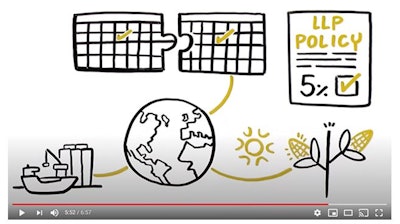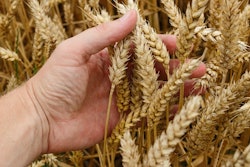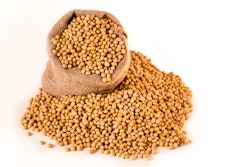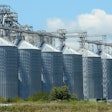
The U.S. Grains Council (USGC) has long prioritized policy work that enables the global movement of grains and reduces the potential for trade disruptions.
One such example of this work is the support of low-level presence (LLP) policies through coalitions such as the Global Alliance for Ag Biotech Trade (GAABT) and the International Grain Trade Coalition (IGTC).
The groups recently released a new video, which is intended to share examples with government regulators of why or how LLP may arise in the supply chain and why policy thresholds are an important tool.
Industry felt that it was critical to break down the complexity and nuances of what happens in the complex and global supply chains in order to facilitate practical approaches to policy development.
Detection of LLP of biotech products can cause significant trade disruptions if the right approvals or policies are not in place. As a result, seed companies help prevent LLP issues by initiating market assessments and submitting information to meet applicable regulatory requirements in key export markets. Ideally, exporting and importing markets approve the variety at roughly the same time, thereby reducing the potential for LLP.
However, there are times when a product is approved and is grown in an exporting country before the importing country has issued its approval, a situation known as asynchronous approvals.
Seed companies, farmers, grain companies and importers all employ a variety of process controls to minimize the potential of LLP and to deliver safe and high-quality commodities that meet export market requirements.
But, in a system as large and complex as global agriculture, LLP can never be completely eliminated. Therefore, clear and trade-facilitative LLP policies -– like LLP thresholds -– are needed. When time gaps in product approvals cannot be avoided, a threshold policy can serve as an effective interim measure importing countries can use to maintain an uninterrupted supply chain of safe and affordable grain.
“We see this issue as two-fold - addressing time lags and asynchronous approvals of products is one way to limit trade disruptions; another is adopting a threshold policy,” says Allison Nepveux, USGC manager of trade policy. “Otherwise, we may be faced with years of delays in bringing beneficial new products to market, higher prices for food and goods for consumers, and ultimately, a cost to the agricultural sector of millions of dollars.”
To support governments in their work, industry coalitions like GAABT and IGTC bring together partners from across the entire farm-to-fork system to provide practical solutions to limiting trade disruption in global markets. In recent years, there has been a focus on providing real-world examples to help governments understand the complexity of the system.
During the most recent Global Low-Level Presence Initiative meeting, held virtually in 2020, GAABT unveiled a whiteboard video that shares the importance of LLP policy.
Work on this white board video began long before the COVID-19 pandemic forced many meetings to shift to virtual settings but has been a valuable tool in continuing this important policy work.
“Having this video ready in the time that we did, really proved to be quite fortuitous. It allowed us to more easily adapted to this virtual setting and to provide value in a new form,” Nepveux says. “We hope to support more work like this in the future.”





















